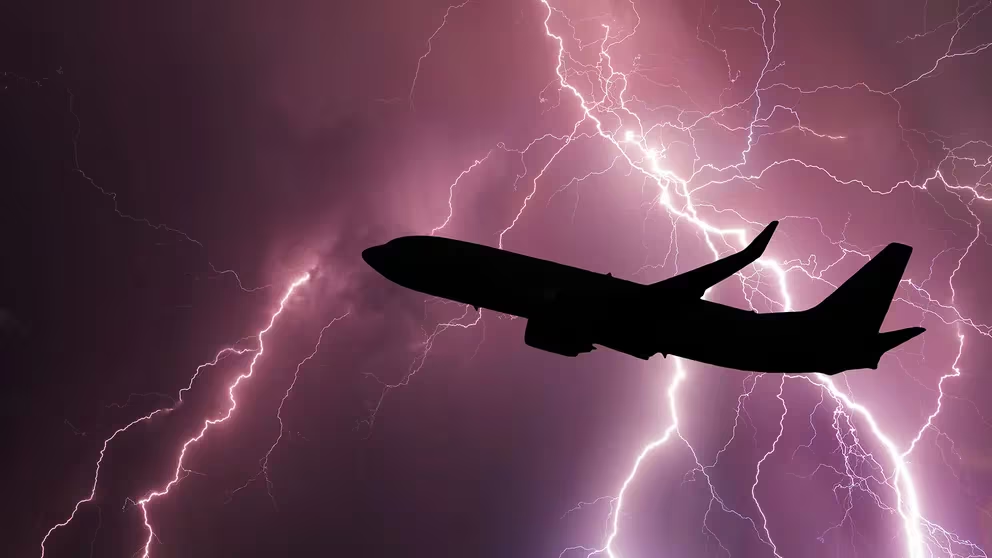Costa Rica is a paradise for the little Indiana Jones in you. Unspoiled wilderness, an animal and plant world rich in diversity, Costa Rica is a small country, of course, but it has a lot to offer us.
Here, more zoos, more army, smiling and welcoming people, Costa Rica prefers by far to invest its few funds in health or education. A land that represents only 0.1% of the earth’s surface, but home to almost 6% of the world’s biodiversity. You will find there amphibians, mammals, different species of turtles and other 800 species of birds; Costa Rica’s wildlife is as impressive as its volcanic landscapes. Here are twenty very good reasons to go there next time:
To see the red-eyed tree frog

Costa Rica is not very large (51,100 km2) and represents only 0.1% of the earth’s surface, but it is home to around 5% of the world’s biodiversity. Mountain ranges and tropical forests are now home to many endangered species, such as the red-eyed tree frog (above).
You’ll find it at sea level up to 1325m in the lowland forests. It measures only/up to 59 mm for males and up to 77 mm for females. Its dorsal surface varies from leaf green to dark green. Its flanks are dark blue, purple or brown and are marked with yellow or cream vertical slashes. Its limbs are tinged with blue or orange. Its ventral side is white. Its eyes, protruding, are red and have vertical pupils. In short, a real marvel.
Because Costa Rica is lined with incredible beaches

The Pacific to the West, the Caribbean to the East, what more could you ask for?
Because there is the Isla del Caño Biological Reserve

With its turquoise waters and colorful coral reefs, Caño Island, one of the most beautiful biological reserves in the world, is one of the best places for snorkeling in the South Pacific. This island has the healthiest coral reefs in all of Costa Rica. Don’t forget your snorkel.
Because there is the Arenal Volcano

Costa Rica has about fifteen volcanoes, but the Arenal is undoubtedly the most impressive due to its almost perfect pyramidal shape. You will find it north of the capital San José.
‘Cause you might stumble upon this kind of marvel

The Emperor butterfly ( morpho ), in this case. Larger in size than the monarch, this blue butterfly shines in shady gardens, valleys overlooking streams and other wetlands in the country.
The blue color of the morpho sparkles in the sun, but looks blackish in the shade. This color is visible only when the butterfly spreads its wings. In the stationary state, it spreads a brownish color adorned with ocelli, spots in the shape of eyes intended to frighten predators. Wasp not crazy.
Because Costa Rica is a paradise for surfers
Playa Avellana (below), located on the Nicoya Peninsula

For Manuel Antonio National Park

Virgin jungle and palm-lined beaches, what are we talking about?
Because you will find the famous three-toed sloth there.

One of Costa Rica’s most iconic creatures. Near Puerto Limón, you can organize a boat trip for the chance to spot the animal in its jungle home.
Be patient, they are a bit slow around the edges

Hammerhead, Cocos Island National Park

Located 550 km off the Pacific coast of Costa Rica, the region is a veritable laboratory for the study of biological processes. The underwater world of the national park is known to divers, who consider it one of the best places in the world to observe large pelagic species such as sharks, tunas or dolphins.
Because there are Bajos del Toro

A private reserve located just north of San José. There you will find this waterfall, which drops 90 meters to land in the crater with an extinct vocal.
For whale watching, on Caño Island

To see pretty but dangerous frogs

The Dendrobatidae … Most members of this family of amphibians secrete an extremely potent toxin, batrachotoxin , onto their skin . These frogs signal their high toxicity to their environment by very bright colors (the toxicity of their venom comes from their diet of poisonous insects).
Because you’ve always loved the zip line!

Costa Rica’s forests are as diverse as the creatures that inhabit them. Monteverde (above) is covered in perpetual fog. Here you will find suspension bridges and zip lines. Sensations but nothing extreme, a playful and original way to discover the cloud forest. There are more than 4km of zip line, enough to give you time to admire the landscape.
For the cocoa beans

Yes, cocoa does not grow in tablets! You will find cocoa beans in Costa Rica. Local indigenous people traded cocoa long before the arrival of Europeans. Today, high quality chocolate is made from local beans. For foodies.
For nesting leatherback turtles

Six types of turtles regularly nest on the coasts of Costa Rica. The turtle goes up at night on the beaches and makes its nest where it thinks there will be the least risk so that its future little turtles have the best chance of reaching the ocean after hatching.
Observing turtles nesting at night is protected and regulated in Costa Rica. The beaches considered as national parks are forbidden to access in the evening without a guide or an authorized person. Likewise, camping or making fires on these beaches, for example, is strictly prohibited. Collecting turtle eggs is of course strictly prohibited and punishable by law, except on the beach of Ostiona, in Guanacaste, where regulations to fight against poaching have been put in place.
Go ahead my dear!
Because there is the Toucan!

To travel to the heart of the Poas volcano

One of the most active volcanoes in Costa Rica, which has experienced at least 39 eruptive episodes since 1828. Located 37 km northwest of the capital San José, it rises to 2,708 m above sea level. Its main crater now hosts an acid lake that regularly releases toxic sulphide fumes. Take care of yourself anyway.



































